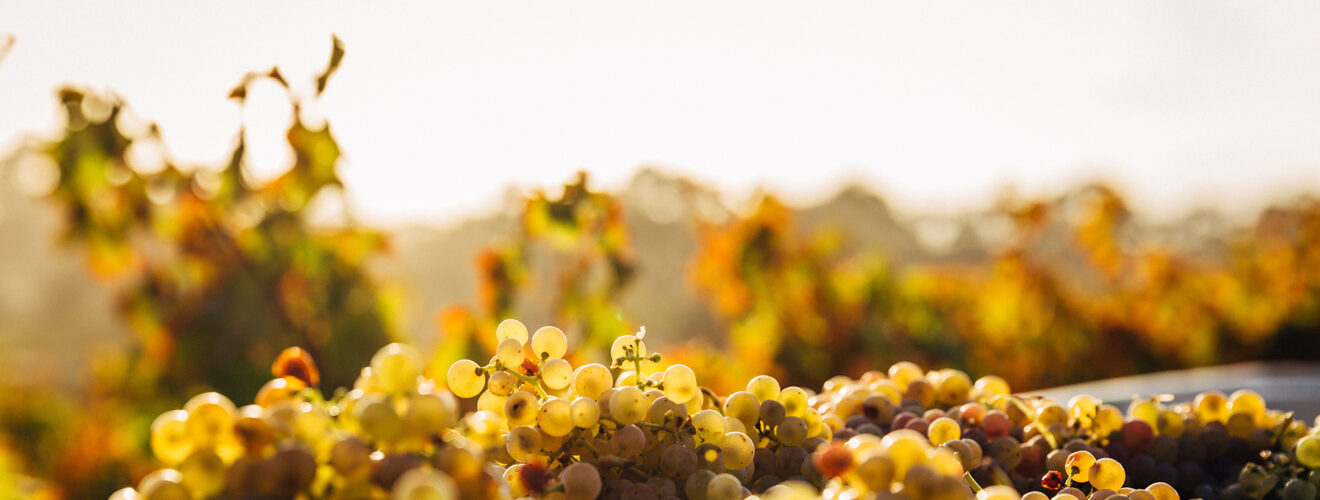PCVA Sustainability and Regenerative Agriculture Committee
Purpose:
Promote use of Sustainable Vineyard and Farm Management Practices
Objectives:
- Identify “Best Practices” being used by PCVA members.
- Continuously improve the adoption of authentic sustainable “Best Practices” by PCVA members.
- Strengthen the image and reputation of PCVA by communicating to the public sustainable winegrowing efforts being practiced by its members.
Overview of PCVA’s Support of Sustainable Winegrowing Practices
- PCVA encourages continuous improvement in adoption of sustainable practices from grapes to glass among its member vintners and growers.
- PCVA’s Sustainability and Regenerative Agriculture Committee identifies and promotes voluntary best practices in sustainable winegrowing, noting areas of excellence in current practice and areas where improvements can be made.
- PCVA and its members work closely with communities, neighbors, and other stakeholders maintaining an open dialogue to address concerns and enhance mutual respect and understanding.
Sustainable Winegrowing Practices are guided by three overarching principles:
- Sensitivity to the environment (Environmentally Sound);
- Responsiveness to the needs and interests of society-at-large (Socially Equitable); and
- Economically feasible to implement and maintain (Economically Feasible).
To translate overarching principles of sustainability into guidance for daily decision-making by vintners and growers, PCVA carefully examined all aspects of winegrowing and narrowed its focus to the following key areas and specific sustainable practices:
Viticulture:
- Vintners and growers employ practices to achieve balanced vines with uniform vigor, yield and grape quality.
- Vine canopies are managed via vineyard design and cultural practices to support crop development and enhance quality.
- Practices are adapted to work within vineyard environmental constraints.
Soil Management:
- Vintners and growers strive to protect and enhance soil health, prevent erosion and non-point source pollution.
- Cover crops are used to protect and improve soil structure.
- No till and other practices conserve organic matter, control erosion and lessen water usage.
- Fertilizers and soil amendments are judiciously applied.
Vineyard Water Management
- Vintners and growers strive to conserve water, protect water quality and enhance winegrape quality.
- Drip irrigation is used to control exactly how much water is applied and when, producing healthier vines and more uniform yield,
- Regulated deficit irrigation (RDI) to is practiced to enhance grape and wine quality.
Pest Management:
- Vintners and growers employ a combination of biological, cultural and economic tools to control pests while minimizing health and environmental risks.
- Pest control strategies are implemented that sustain effectiveness while reducing economic risk and risks to the environment and human health.
Neighbors and Community
- PCVA vintners and growers strive to be good stewards of the land and good neighbors.
- Many owners and employees live at or near their vineyards and wineries and work to maintain a healthy and beautiful environment and vibrant communities for their families, neighbors and wine country visitors.
- Many sustainable winegrowing practices protect wildlife habitat, and improve the quality of life for the broader community.
- Growers and vintners are active in their local communities, contributing time, money, and wine to help neighbors and a wide variety of organizations and institutions thrive.
